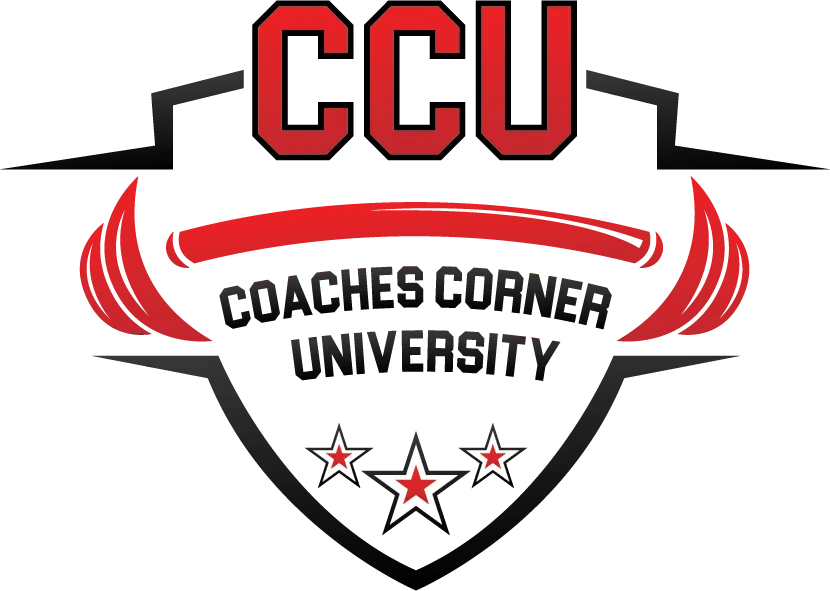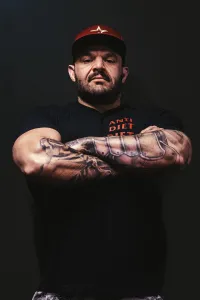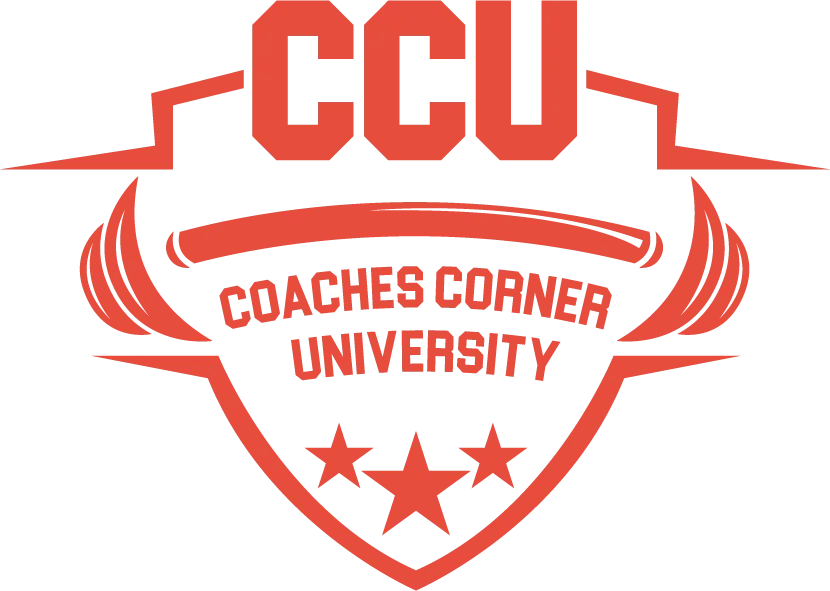Discover The Latest Blogs
Stay updated with Our Informative Blog Posts
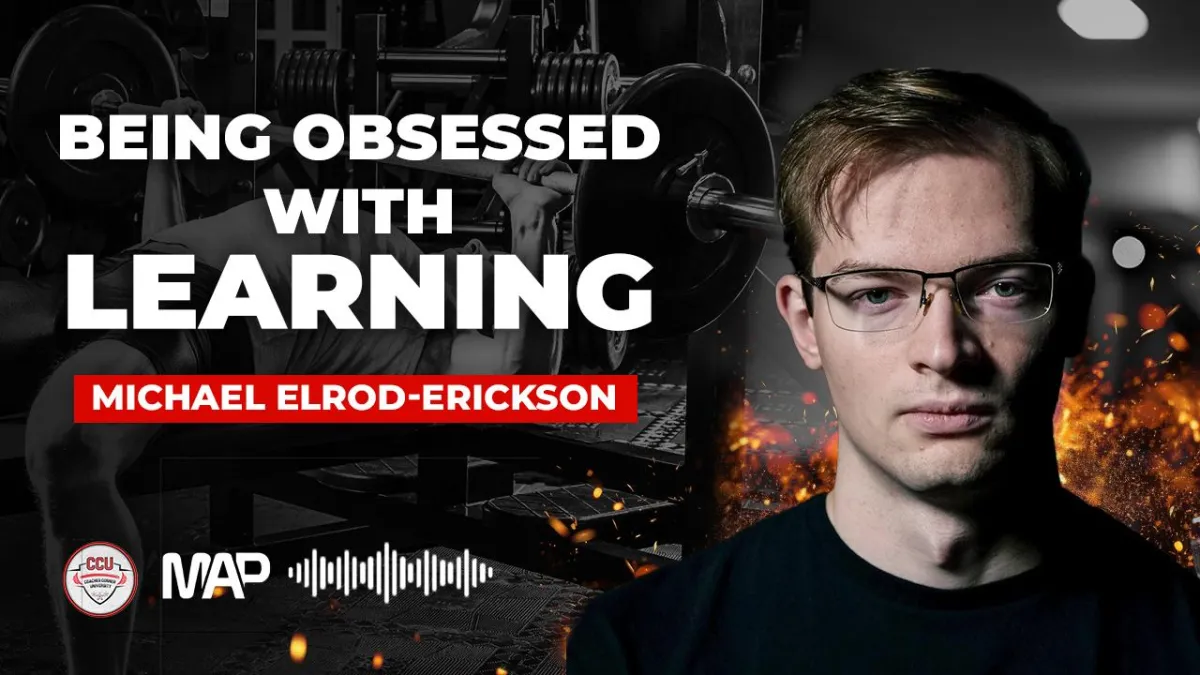
CCU Podcast - Michael Elrod-Erickson: Being Obsessed with Learning
Being Obsessed with Learning
In this episode, I am joined by Head Coach and Founder of Premier Performance, Michael Elrod Erickson. Michael is a very bright young coach who embodies the lifetime learner mentality and always seeks to have his opinions challenged. He offers online coaching and programming for powerlifters and strength training enthusiasts. Michael is also an assistant coach for Team USA Powerlifting in the IPL, an educator for the USPA, and a coach of The University of Alabama in Huntsville's powerlifting team. Michael also has a Bachelor's degree in Kinesiology and is a Certified Strength and Conditioning Specialist.
We dove into the strategies behind developing athletes who perform at their best—physically, mentally, and emotionally. From building a culture of accountability to fine-tuning strength programs for long-term success, we uncovered some powerful lessons for coaches.
10 Key Takeaways from Being Obsessed with Learning
Expand Your Methodological Toolkit
Great coaching transcends single-system thinking. While it's natural to be drawn to specific methodologies (Westside, RTS, Prescript), real growth happens when we expose ourselves to multiple frameworks. Consider each system as a tool in your coaching toolkit - the more tools you have, the more effectively you can solve problems.
Results Drive Everything
Technical knowledge is crucial, but client results matter most. A perfect program on paper means nothing if clients aren't progressing. Focus first on mastering the fundamentals of client interaction and communication. The sophisticated programming will evolve naturally as you develop these core skills.
Navigate the Information Age
Today's clients have unprecedented access to information, which requires developing a deep understanding beyond surface concepts, clearly explaining the "why" behind programming choices, and effectively addressing misconceptions. It's important to balance trendy content with proven principles to ensure effective coaching.
Master Intensity Management
Understanding and teaching intensity may be your most valuable skill. Consider using clear communication systems, such as RIR instead of RPE, teaching accurate effort assessment, and recognizing that perceived difficulty isn’t always actual intensity. Guide athletes through proper intensity progression to ensure effective training.
Build Your Tension Foundation
Tension development is the cornerstone of performance. Focus on teaching ground-up tension creation, developing both skill and strength components, understanding tension's role in movement, and programming specific tension development work.
Understand Pain vs. Injury
Developing pain science literacy changes everything by helping you differentiate between discomfort and damage. It allows you to build systematic assessment protocols, develop confidence in progression decisions, and understand when to modify exercises versus when to progress.
Program Effective Accessories
Assistance work requires strategic implementation by recognizing that beginners have limited fatigue capacity. Focus on developing movement quality while building both skill and tissue capacity. Select exercises with clear purpose and transfer to ensure effective progress.
Define Your Coaching Identity
Take time to understand what types of clients energize you. Whether it's rehabilitation, performance, or general population, clarity in your specialty enhances results and job satisfaction. This clarity develops through experience - stay open to evolution.
Practice Systematic Reflection
Incorporate reflection into your daily practice by analyzing session outcomes, assessing movement patterns, and evaluating the effectiveness of your programs. Use this process to continuously refine your coaching methods, ensuring ongoing improvement and growth.
Build Your Professional Network
Your network is a valuable resource: seek mentors, build peer support, contribute to the coaching community, and stay connected to various methodologies.
Taking Action
Start where you are, knowing every coach begins as a beginner. Focus on improving one area at a time, document your progress, and seek feedback from peers and mentors. Remember, coaching development is a journey, not a destination.
Each day presents opportunities to apply these principles. Start small, focus on consistency, and trust that compound growth will occur through dedicated practice and reflection.
The most successful coaches aren't necessarily those who began with the most knowledge - they're the ones who are committed to continuous learning and application of fundamental principles. Your journey starts now, regardless of your current experience level.
Find Michael:
Instagram - @michael_elrod_erickson
Website - liftpremier.com
FREE POWERLIFTING FUNDAMENTALS PROGRAM
Find the podcast:
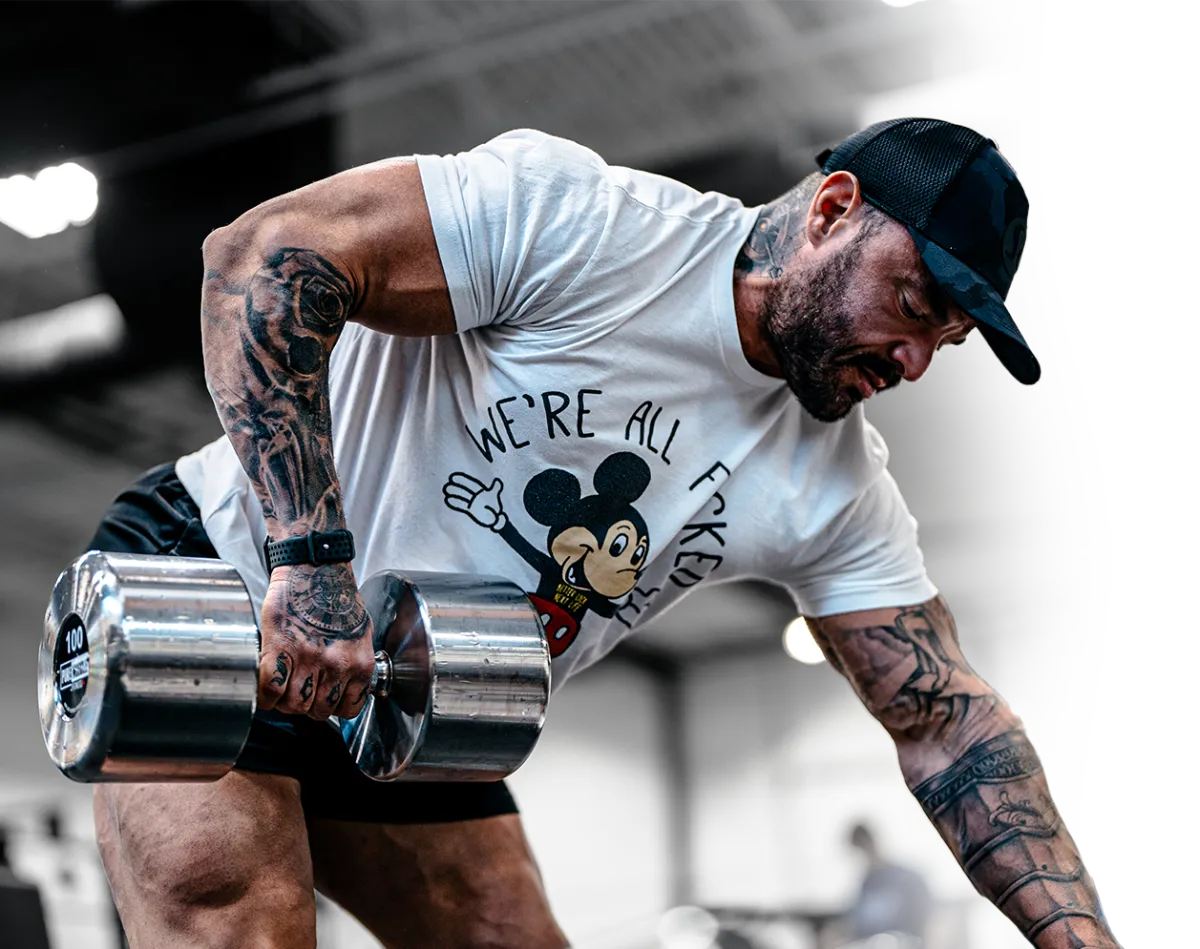
Coaches Corner PhD
